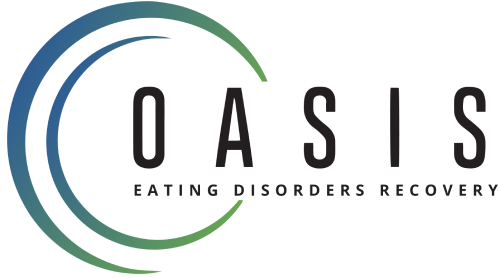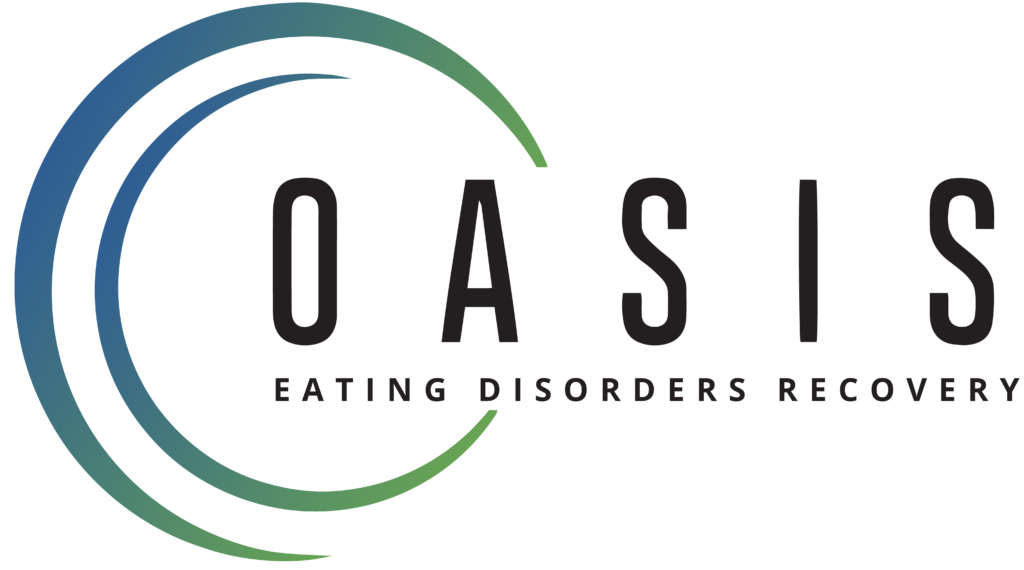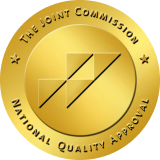Choose Facility
Top Tell-Tale Signs of Food Addiction
Are you someone who can’t resist a good slice of cake, even when you’re full? Do you find yourself snacking even when you’re not hungry? If so, you may be suffering from food addiction. While it may sound like a made-up condition, food addiction is a real thing, and it’s more common than you might think.
In fact, research suggests that as many as one in four people may be struggling with some form of food addiction. It can be just as damaging as any other addiction, so if you think you may be struggling with food addiction, it’s worth understanding the tell-tale signs, especially since it’s a tricky condition to catch.
What is Food Addiction?
Food addiction is a term used to describe a relationship with food that is characterized by compulsive overeating or bingeing, followed by feelings of guilt and shame. Food addiction is similar to other types of addiction in that a loss of control over consumption, cravings, and preoccupation with the substance often accompanies it.
Food addiction can lead to serious health problems, including obesity, type 2 diabetes, and eating disorders. If you think you may be struggling with food addiction, it’s essential to seek help from a qualified healthcare professional.
Signs and Symptoms of Food Addiction
There are a number of signs and symptoms that may be indicative of food addiction. If you find yourself struggling with any of the following, it’s worth considering whether you may be addicted to food:
1. You’re preoccupied with food. You think about it all the time, and you feel anxious or stressed if you don’t have access to it.
2. You eat more than you intended to, and you feel out of control around food.
3. You feel guilty or ashamed after eating, and you try to compensate by fasting or purging.
4. You have a hard time sticking to set mealtimes or portion sizes.
5. You’re constantly grazing, even when you’re not hungry.
6. You eat even when you’re full, and you often feel stuffed after meals.
7. You have difficulty stopping once you start eating, and you often eat until you’re uncomfortably full.
8. You use food to cope with emotional problems, such as stress, anxiety, or depression.
9. You have a history of dieting, and you often yo-yo between periods of restrictive eating and bingeing.
10. You have a family history of eating disorders or obesity.
If you’re struggling with any of these signs or symptoms, it’s important to reach out for help.
How is Food Addiction Treated?
Food addiction is a complex condition that requires comprehensive treatment. While there is no one-size-fits-all approach to treatment, most programs will focus on helping you develop a healthy relationship with food and your body. This may involve individual therapy, group therapy, nutrition counseling, and other support services. If you’re struggling with food addiction, there is help available.
The Bottom Line: Spotting the Signs of Food Addiction and Getting the Right Help You Need
Eating disorders are serious mental illnesses that can have devastating consequences on a person’s health, both physically and emotionally. If you or someone you care about is struggling with an eating disorder, it is important to get professional help as soon as possible.
The team at Oasis Eating Disorders Recovery is dedicated to helping people with eating disorders recover and live happy, healthy lives. Our eating disorder recovery clinic in Fresno offers a safe and supportive environment for our clients to heal and recover.
All Rights Reserved © by Oasis Eating Recovery Center | Website Sitemap | Privacy Policy | Billing Policy



